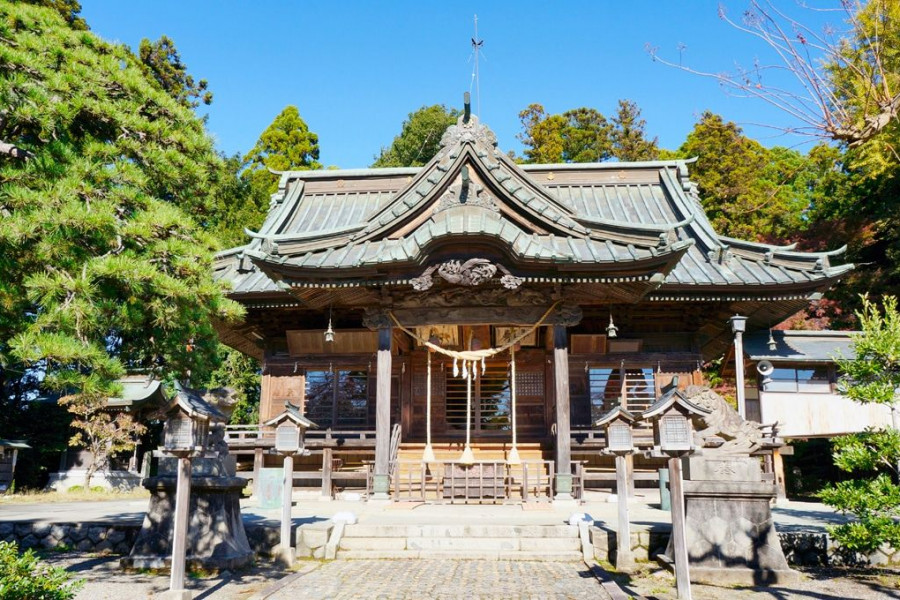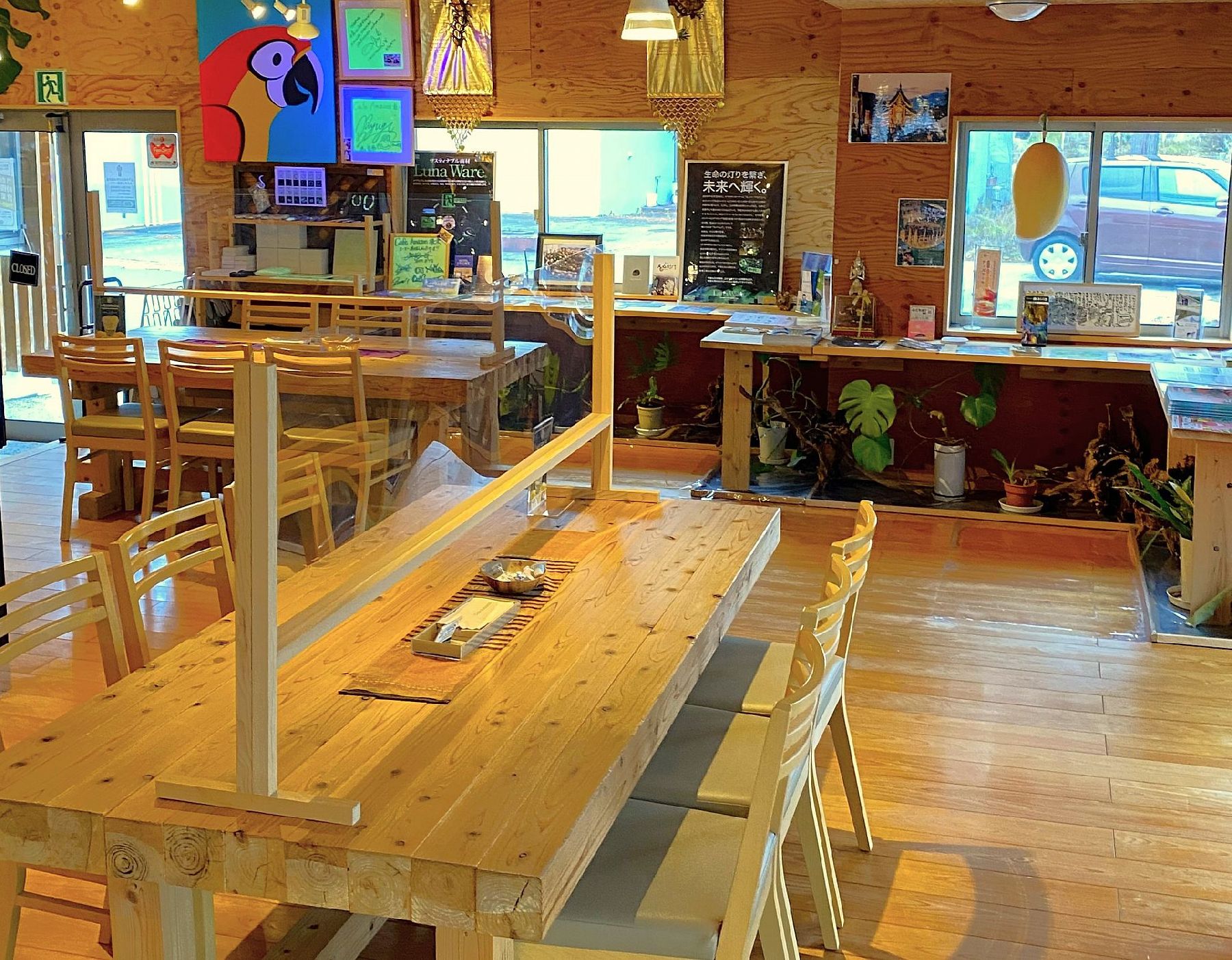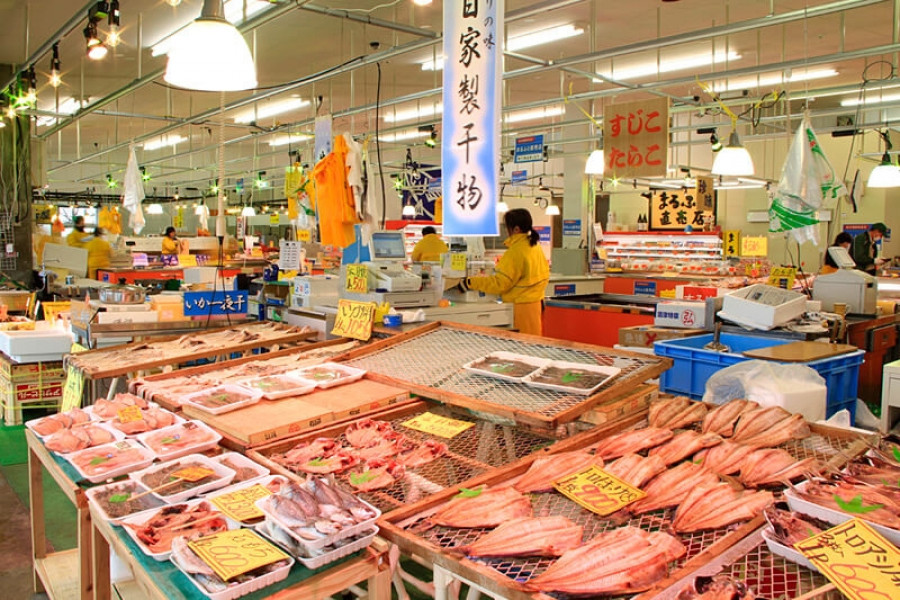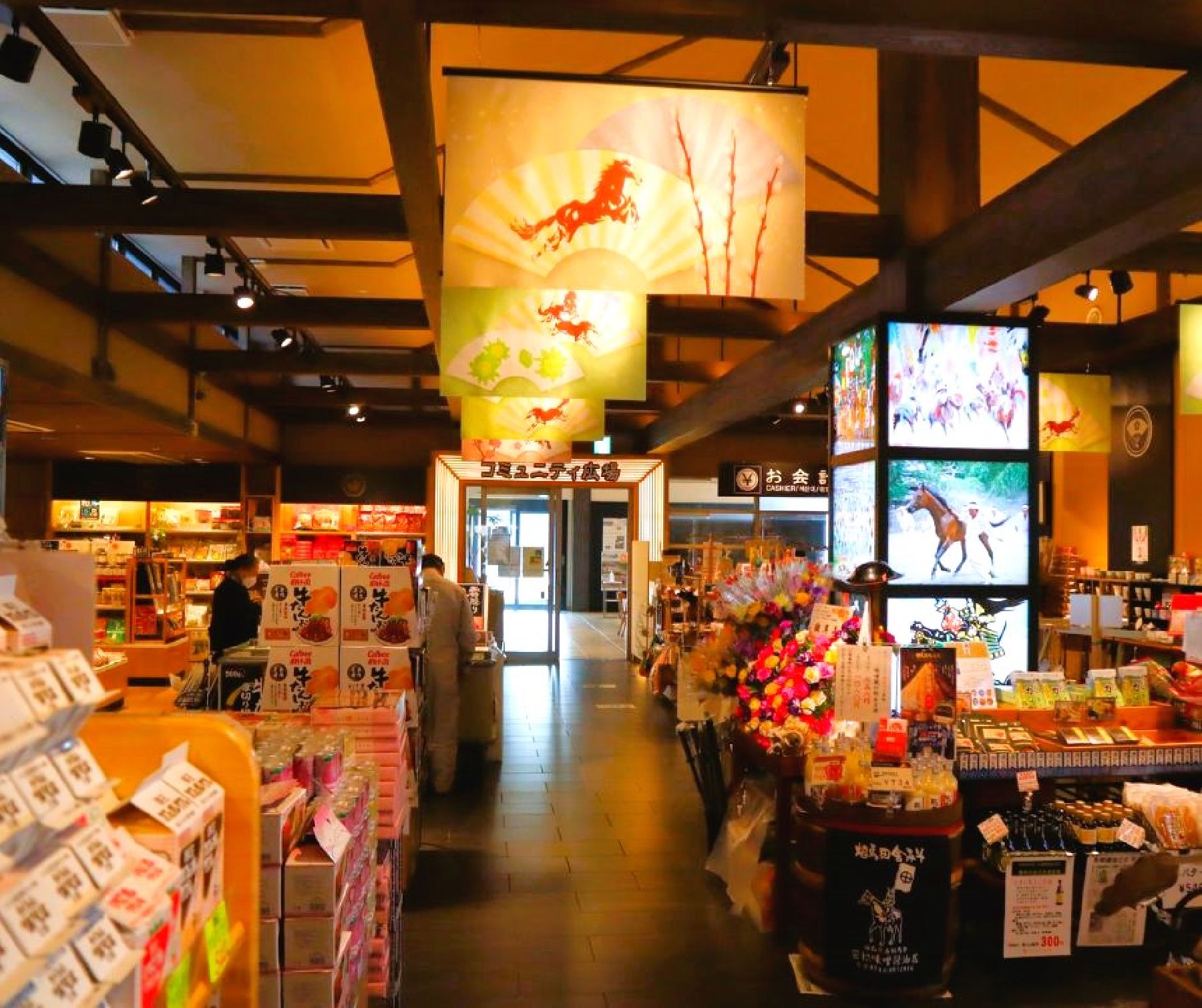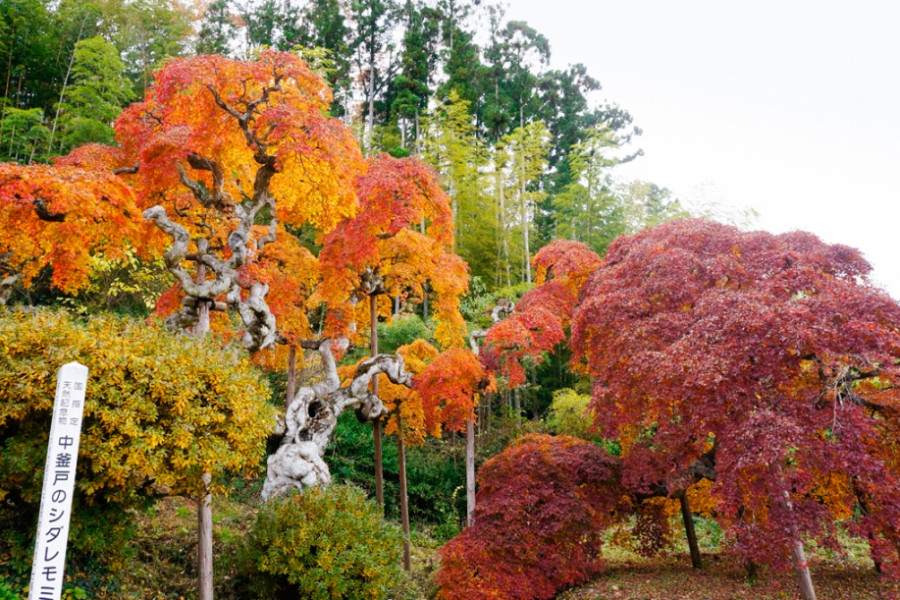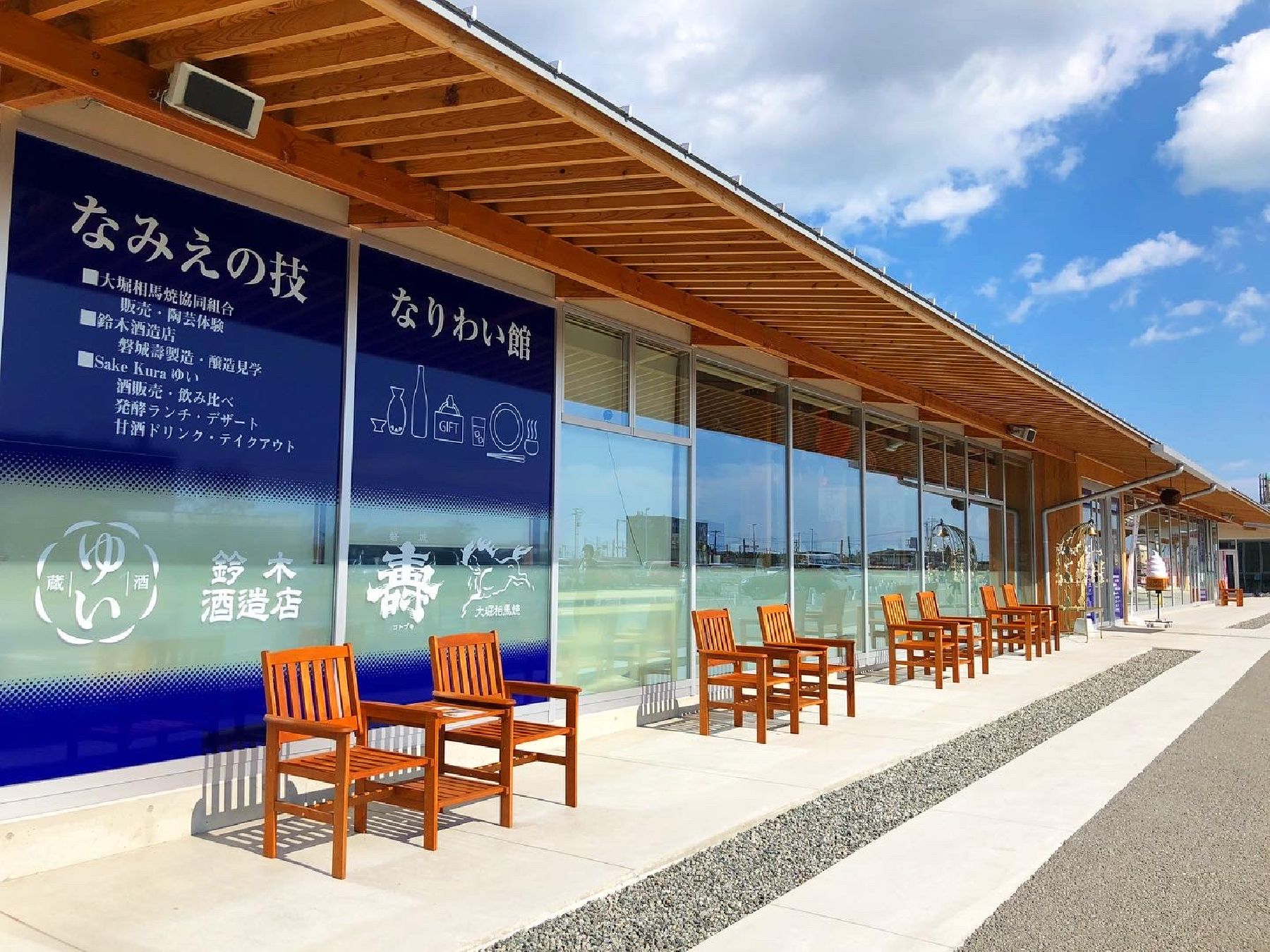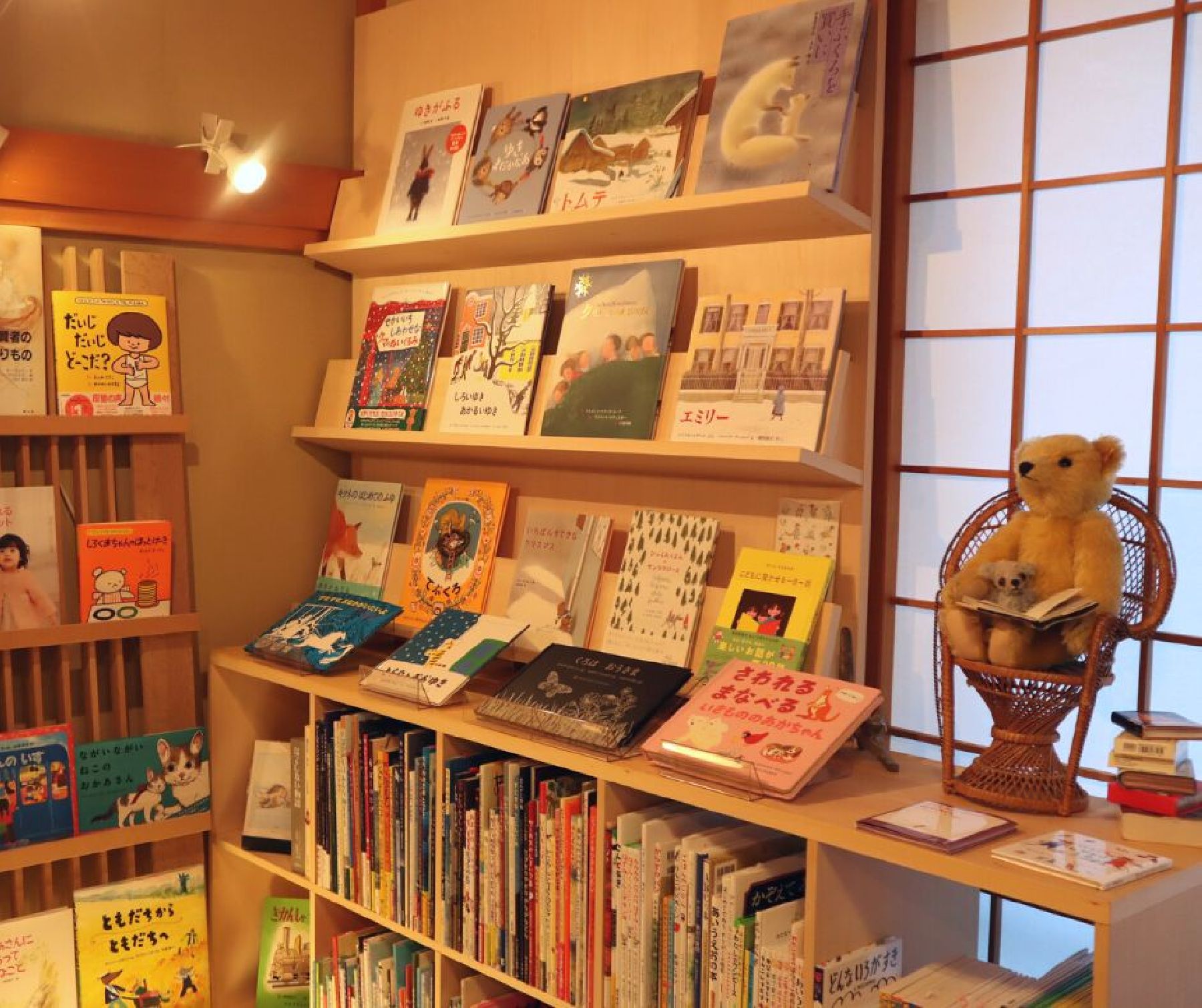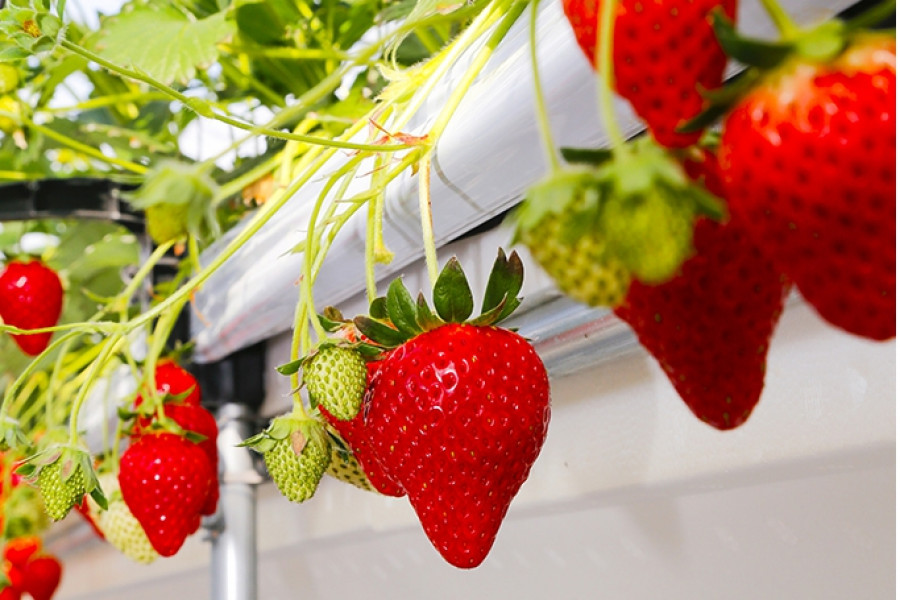Café Amazon Kawauchi is a modern cafe and restaurant located only 350 meters away from the Tenzan Bunko Museum.
Café Amazon has over 1500 restaurants abroad, and serves Asian food and coffee.
This was the first Café Amazon restaurant in Japan, opened to help reinvigorate Kawauchi, attract visitors and, of course, serve delicious Thai dishes!
In 2016, following extensive revitalization efforts, all restrictions were lifted in Kawauchi village, which had had to be evacuated in 2011 following the nuclear accident. Kawauchi is now is a quiet, green village surrounded by mountains and streams, home to a few thousand people.
But because the village had remained uninhabited for some time, the only coffee shop there had closed, and, left without a local hub, it seemed difficult for the community to rekindle—that’s when Thai restaurant chain Café Amazon stepped in.
Café Amazon Kawauchi has a warm and light wooden interior (built using wood from Fukushima!), as well as a piano and guitar you can play freely. You can sit indoors or outdoors on a wooden deck.
Café Amazon Kawauchi isn’t only a coffee shop, it’s a fundamental part of the reconstruction of Kawauchi village, a meeting place for both locals and visitors.
